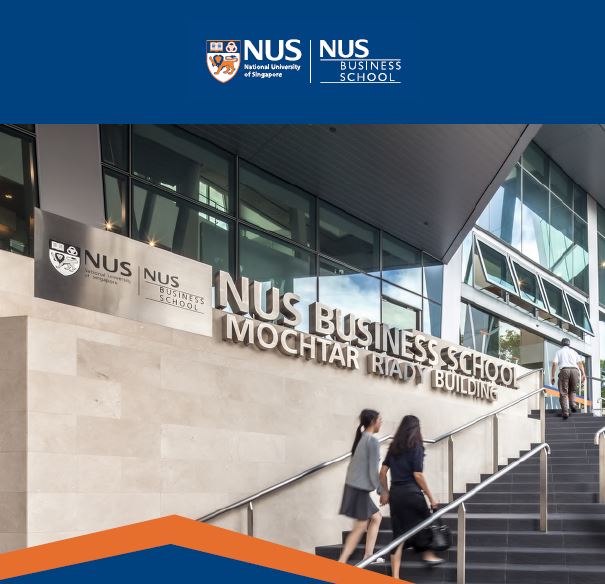People Analytics: Methods and Metrics (Garima)

According to a McKinsey article, today, the majority of large organizations have people analytics teams; 70 percent of company executives cite people analytics as a top priority, and there’s little argument that people analytics is a discipline that’s here to stay. According to an article by Visier, over the next decade, people analytics adoption will surge among companies with fewer than 3,000 employees, accelerate among line managers, and become increasingly urgent. This course sheds light on the important tools, techniques, metrics, and KPIs in people analytics. The course also provides an understanding of data and data analytics and how to make data driven decisions.
Course Learning Objectives:
- Gain an understanding of people analytics and its pillars.
- Learn the key tools, techniques, principles involved in people analytics.
- Learn the HR value chain and the essential HR metrics that matter in people analytics.
- Understand the data ecosystem, importance of shifting to a data-driven high business impact HR model, and the steps involved in developing data-driven HR and people teams.
Faculty

Dr Guo Lei
Dr Guo is an active educator and researcher in data science, behavioural study and design thinking, with extensive experience in delivering practice-based learning programmes and applied research projects with successful results.
Starting her career in Singapore as a marketing practitioner, Dr Guo worked across manufacturing, entertainment and education industries. She was the Chief Representative in China for a Singapore listed company. She was also responsible for setting up Shanghai Office and promoting executive education programmes for NUS Business School in Greater China market.
With the aspiration of bridging the gap between research and practice, Dr Guo pursued her PhD in the UK, where she worked on large-scale research projects with Cambridge University Service Alliance, BAE Systems and China Mobile.
Dr Guo returned to Singapore and joined NUS as a faculty member in 2011. She has particular experience in tackling complex challenges through applied research and education. She was the Principal Investigator for a series of research projects to inform better public transport policy decisions. She consults corporate clients on data analytics, user experience design and service innovation. Dr Guo teaches executive programmes of Data Analytics and Design Thinking at NUS. She has a passion for engaging and inspiring working professionals at all levels by applying the theory to real world business applications.
Dr Guo holds a PhD in Marketing from University of Exeter, an MBA from University of Adelaide University and a BA in Literature from Beijing Normal University.
Syllabus
- Leadership in the Most Uncertain World
- Leadership Communications
- Leading in Uncertainity / Crisis
- Negotiations
- Influence and Persuasion
Learning Objectives:
- Develop a keen sense of what leadership looks like in a VUCA world.
Module Components:
Video Lectures:
- Understanding the VUCA Acronym
- Leadership Principles in a VUCA World
- Leadership Skills in a VUCA World
- Adaptive Leadership Framework
- The Seven C’s of Leadership During the COVID-19 Crisis
Readings:
- Leadership in a VUCA World: A Military Perspective
- Strategies for Leading Through Uncertainty
- Dimensions of Adaptive Leadership
- Systems Leadership for Tackling Complex Challenges
- Leadership in VUCA World: A Case of Lenovo
- Attacking Uncertainty: Interview with Ram Charan
Quiz:
- Leadership in the Most Uncertain World
Learning Objectives:
- Explore a range of communication skills and styles for leaders and their importance.
Module Components:
Video Lectures:
- Why is Effective Communication Important for Leaders
- Key to Powerful Leadership Communication
Readings:
- Essential Leadership Communication Skills
- Communication Styles For Effective Leaders
- Leadership Self-Assessment: How Effective Are You?
- Communication Assessment Sample
Quiz:
- Leadership Communications
Learning Objectives:
- Build an understanding of how leaders are thriving in a gig economy and Covid-19 crisis.
Module Components:
Video Lectures:
- How Crises Created Opportunities for Good Leadership
Readings:
- Thriving in the Gig Economy
Quiz:
- Leading in Uncertainity / Crisis
Learning Objectives:
- Learn the fundamentals of negotiations through examples and frameworks.
Module Components:
Video Lectures:
- What is Negotiation?
- Types of Negotiations
- The Principle of the Divided Cloth
- What is the Pie?
- Shapley Value
- Example – Airline Cost Sharing
- The Best Alternative to a Negotiated Agreement (BATNA)
- Reservation Point and Bargaining Range
- Distributive Negotiations
- Bargaining Techniques in Distributive Negotiations
- Integrative Negotiations
- Bargaining Techniques in Integrative Negotiations
- Intercultural Negotiations
Readings:
- What is the Zone of Possible Agreement (ZOPA)
- How to Find the Zone of Possible Agreement (ZOPA)
- Proven Strategies for Success in Distributive Negotiations
Quiz:
- Negotiations
Learning Objectives:
- Learn the science behind influence and persuasion, and the difference between the two.
Module Components:
Video Lectures:
- What is Persuasion?
- The Difference Between Persuasion and Negotiation
- How to Influence Different Types of Individuals
- Difference Between Persuasion and Influence
- An Example – Persuasion and Influence
Readings:
- What is Influence?
- A Framework for Building Influence at the Workplace
Quiz:
- Influence and Persuasion
